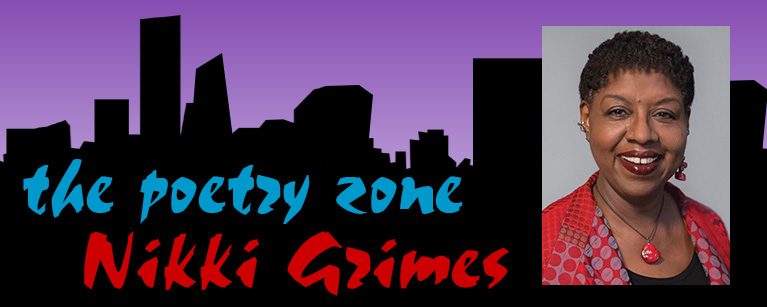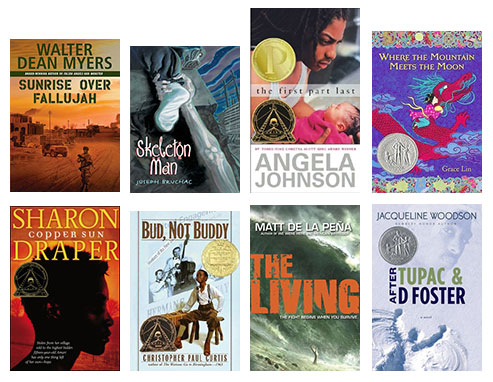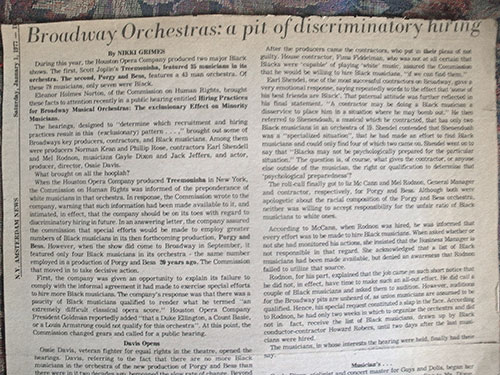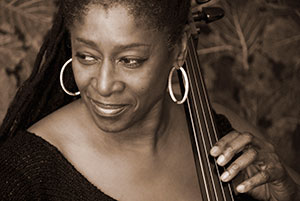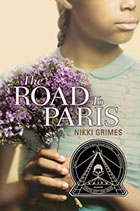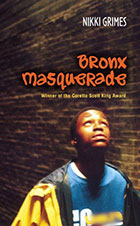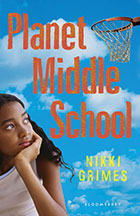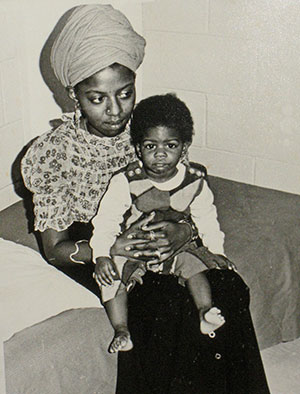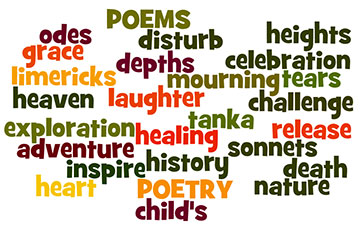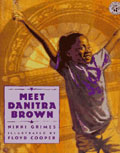November 14, 2013
4 Comments
 November has come crashing in, with advertisers’ early and relentless push for Christmas. I, on the other hand, am struggling to stave off the end-of-year book award season blues that follow on the heels of this holiday. I love Christmas but, for now, I’m corralling my thoughts to keep them focused on, say, Thanksgiving. Besides, I’ve plenty to hold my attention between now and the end of December. There are conference presentations to compose, interview questions to answer, guest blogs to write, fan mail to respond to, and, of course, scads of work to be done on various works-in-progress. Still, it’s hard to ignore the lure of those best book lists. If only I didn’t care.
November has come crashing in, with advertisers’ early and relentless push for Christmas. I, on the other hand, am struggling to stave off the end-of-year book award season blues that follow on the heels of this holiday. I love Christmas but, for now, I’m corralling my thoughts to keep them focused on, say, Thanksgiving. Besides, I’ve plenty to hold my attention between now and the end of December. There are conference presentations to compose, interview questions to answer, guest blogs to write, fan mail to respond to, and, of course, scads of work to be done on various works-in-progress. Still, it’s hard to ignore the lure of those best book lists. If only I didn’t care.
At the ripe old age of 63 (63 is the new—what?), I’m facing the hard fact that I may never achieve some of my career goals. I may never win that certain award, receive that particular accolade, attain a lasting place in the children’s book literary canon. It occurs to me, at long last, that my work may not be as worthy as I have imagined, that I have, perhaps, thought of my talent more highly than I ought. Ouch. Whether or not that’s true, another thought has begun to creep in. What if the work was worthy, and what if I did win those certain awards or accolades? How much would it really matter, in the end?
I’ve had a number of elderly friends in the business who, at the top of their game, were acclaimed, established, even “hot.” But, in their final years, they were fairly unremarked, largely unrecognized, and—saddest of all—their works were mostly out-of-print. I used to sympathize with them. Now, however, as I approach a good old age myself, sympathy has turned to empathy. I realize I’ll be lucky to be remarked upon a generation from now. Heck, even ten years from now, as fast as things are moving, these days. Not exactly the immortality most authors imagine! What is that line from Ecclesiastes? Vanity, vanity. All is vanity.
At my church, we’ve been studying the Book of Daniel lately. There’s a lot in this book about vainglory, particularly towards the end. In Chapter 11, there’s a compressed report of nations rising to power, often by virtue of intrigue, deceit, and hastily arranged alliances, only to be supplanted by the next conquer who comes along with visions of empire dancing in his head. None of the kingdoms ever last, of course. In fact, many are lost to the annals of history forever. Like I said: vainglory.
As I read Daniel, I realized nations aren’t the only entities guilty of vainglory. I’ve been wrestling with a case of my own. I’m hardly prepared to employ intrigue, deceit, or political alliances to climb to the top of the literary ladder, but what if I did? I would all-too-soon be pushed from my perch by the very next hot author to come along. And she or he, in turn, would only enjoy the limelight until the next hot author emerged, and so on, and so on. Don’t get me wrong: literary honors are lovely. The more, the merrier, I say. But, here’s the kicker: They simply don’t last. If that’s true, and it is, why consume precious amounts of time in their pursuit?
I know. It seems so obvious, but it’s hard not to be ambitious in this world. We’re constantly bombarded with messages that we deserve more, need more, should strive for more. The least little ember of dissatisfaction in us is feverishly stoked—by advertisers, talking heads, and, often, well-meaning friends and family. The notion that acclaim is something to rightly aspire to is whispered in our ears, day and night. Forget the need for speed. We lust after legitimacy, recognition, applause! And, for me, the desire for acclaim is also wrapped up with the need to make a living at my craft. There is always the hope, misplaced or not, that greater awards will lead to greater earnings.
Sigh.
It’s hard not to get sucked in.
There is a way, though. What if I stopped listening to the whispers of the world? What if I shut out all the voices except God’s and my own? Could it really be that simple?
Years ago, I gave up my subscription to Publishers Weekly because every time I read an article about a random author who closed a deal on a six-figure contract, it gnawed my insides. Why not me? I moaned. It took me awhile, but I eventually realized that wasn’t healthy. So, I cancelled my subscription and ended the insanity, which helped. A little.
In the years since, I have found myself cringing at the approach of book award season. Hard as I’d try not to, I’d read the list of winners each year, and whine, why not me? Why not my book? (Remember, that was before I came to the realization that I might not be all that and a bag of chips!). Thankfully, as the years have progressed, I’ve spent less time bellyaching about imagined slights, and have learned to move on rather quickly to congratulating that year’s winners and honorees. I may not be new and improved, but I am getting better.
The other day, I read a post about a young author who was recently honored with an opportunity that has never come my way, and probably never will. And I suddenly realized that’s okay. That’s his story, not mine. I can be happy for him and wish him well without feeling any sense of loss. He is doing good work, and he is being faithful to the stories he has to tell. That’s as it should be.
Friends occasionally remind me that there are those who view my story with a hint of envy. Of course, I never see things from that perspective, because my attention is on what I haven’t yet acquired, or achieved, or done. Enough!
Last week, I cancelled my cable subscription. It may seem like a small, unrelated step, but it is one in the right direction. There’s less static coming into my home, now. There are fewer voices telling me what I need, or deserve, or should want. After just one week, I’m already beginning to recognize the sound of my own thoughts, again. I’ve made space for my brain to breathe, cleared room for my inner self to reemerge, created quiet in which I can examine my own heart. In the quiet, I can remember what truly matters, can reconnect with the pure joy of working with words. In this third act, I can focus on making the deepest impact I can, here and now, with the generation of readers I’ve been given. That’s the job. That’s the one goal completely within my grasp. If I stick to it before, during and after book-award season, I’ll have no time to worry about singing the blues.
I can already feel a sense of peace descending.


